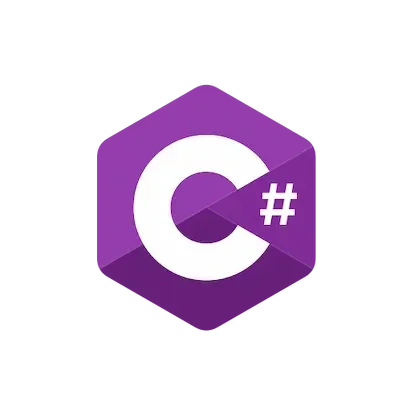
Difference Between const, readonly, and static in C# (With Examples)
Confused about when to use const, readonly, or static in C#? This in-depth guide explains the key differences, performance impacts, and common pitfalls developers face. With real-world scenarios and best practices, you’ll learn exactly when to use each keyword for cleaner, safer, and more efficient code.

10 Lesser-Known C# Operators That Will Surprise You (With Examples)
Most C# developers know the basics like + and ==, but C# hides powerful operators that make your code cleaner, safer, and easier to maintain. In this post, we break down 10 underrated C# operators—with real-world use cases, “old way vs new way” comparisons, and practical examples of nullable types (int?, string?). Learn how to handle nulls safely, improve readability, and unlock advanced features that even experienced developers often overlook.

C# Records Explained: Why and How to Use Them
C# records simplify data modeling with value equality, immutability, and concise syntax. This post explains what records are, how they work, and the best practices for using them in real projects.

Reflection in C#: What It Is, How It Works, and Why It Matters
Reflection in C# lets you inspect and interact with types at runtime. In this post, we’ll explore what reflection is, how it works, where it’s used, and best practices for using it effectively.

C# Namespaces: Organizing Your Code the Right Way
Namespaces in C# organize code, prevent naming conflicts, and make large projects easier to manage. This post explains what namespaces are, how to use them, and best practices for structuring your C# applications.

Mastering readonly struct in C#: Safer, Faster, and More Efficient Code
Discover how readonly struct in C# improves performance and prevents hidden defensive copies. Learn when to use it, pair it with in parameters, and write safer, faster, immutable value types in .NET.

Understanding Span and Memory in C#
Learn how Span<T> and Memory<T> revolutionize memory management in C#. This in-depth guide explains what they are, why Microsoft added them in C# 7.2, and how they boost performance by reducing allocations. Includes practical examples for slicing arrays, working with buffers, and writing high-performance, allocation-free code — perfect for developers who want to level up their .NET skills.

Why C# Is Still a Great Language in 2025
C# isn’t just surviving in 2025 — it’s thriving. From cross-platform development with .NET to blazing performance, powerful tooling, and first-class support for modern practices, C# remains one of the most versatile and future-proof programming languages available. Whether you build web apps, games, or cloud microservices, discover why C# should still be your go-to language this year.

Dependency Injection in C#: What It Is, Why It Matters, and How to Use It
Learn dependency injection in C# with simple examples. Understand how DI improves code flexibility, testability, and maintainability in modern applications.

The Evolution of C#: A Deep Dive into Its History and Major Features
Explore the history and evolution of C#, from its early versions to modern features like async/await and records. See how the language has grown over time.

Mastering async and await in C#: A Beginner-Friendly Guide
Learn async and await in C# with clear examples. Keep your apps responsive, avoid deadlocks, and write faster, cleaner, modern code step by step.

Why Do We Bother With All These “public” and “private” Keywords?
Learn why public and private keywords matter in C#. Understand access modifiers, encapsulation, and how they help write cleaner, safer code.

The StringBuilder Class: An Alternative to Using Strings
Learn how to use the StringBuilder class in C# to build and modify strings efficiently. See examples that improve performance over string concatenation.

Know your LINQ- Enumerable Select Method
Learn how to use LINQ’s Select method in C#. See clear examples of projecting and transforming data with concise, readable code.

A Simpler Way to Think About the “static” Keyword
Understand the C# static keyword with clear examples. Learn when to use static classes, methods, and fields to write cleaner, more efficient code.

Understanding Lambdas in C#
C# lambdas made simple — understand syntax, use cases, and write cleaner, shorter code with step-by-step examples for beginners.